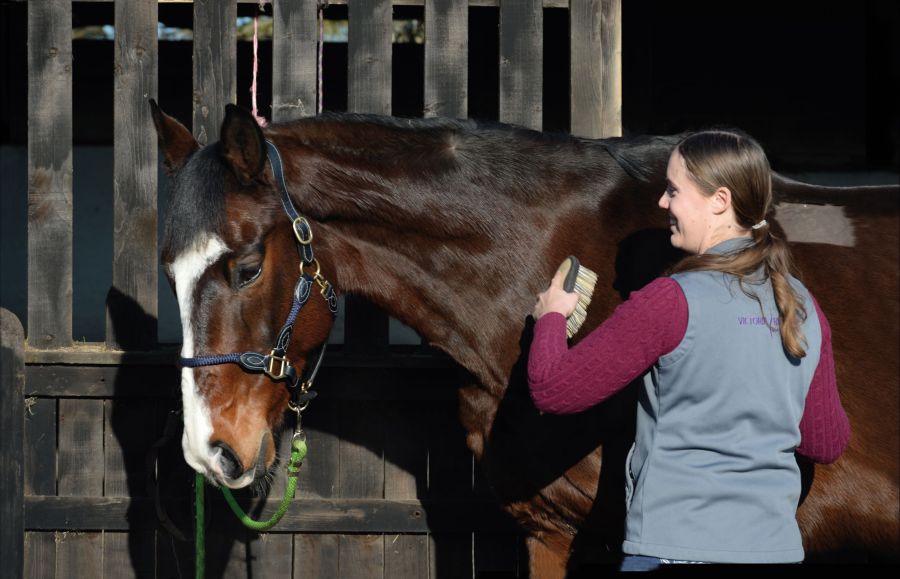Workforce sustainability in the equine sector was highlighted at the 30th National Equine Forum (NEF), held on 3 March.
Chaired by James Hick, Chief Executive of The British Horse Society and NEF Committee Member, the session highlighted the alarming problems facing the UK’s workforce given that the supply of employees was not meeting the demand of employers.
The discussion shared positive changes that have been made in the Thoroughbred industry, supported by the British Horseracing Authority’s Careers in Racing initiative, and concluded that the sector needed to work together to offer more attractive employment in order to have a sustainable workforce.
An audience poll indicated that 75 per cent of those who responded learnt to ride at a riding school, which highlighted the growing problem outlined by James Hick, of riding school staff shortages coupled with an increased demand for riding lessons.
Alison Window, owner and proprietor of Mount Mascal Stables, and Ben Mitchell-Winter, BHS Coach and General Manager at Littlebourne Equestrian Centre, presented their views with Alison stating that the current situation was ”pretty catastrophic”, finding and retaining workers was very problematic and demand was exceeding the supply of yard and teaching staff. She explained that they have many people wanting to learn to ride but “without the workforce we have no business”.
Ben added that the industry needed to make riding centres more appealing to staff to keep the talent ‘at home’ and avoid good staff moving abroad to work.
Lucy Katan, Executive Director of the British Grooms Association and Equestrian Employers Association, spoke about the view from the ground up, stating that the equine industry had been identified as a low payer. She said that the rise in the minimum wage in April would have an impact on businesses, with the associated concern that this could lead to sub-standard conditions for staff.
She suggested that more creativity in recruiting staff and around the working practices of yards was needed to help improve recruitment and retention.
“To have a sustainable industry we must ensure that good practice is the norm,” she said.
Linda Greening, Head of Inclusivity at Hartpury University, addressed the importance of taking an inclusive approach to recruitment and retention.
She said that while the industry was doing well with LGBTQ+ and equality of gender, it was less open to cultural diversity. She added that ignoring racism was not the same as taking an active anti-racism stance and that we needed to open up to wider local communities and people from diverse backgrounds, listen to their needs and make people feel they belong.
Zoe Elliott, Head of Careers Marketing and Recruitment at the British Horseracing Authority, spoke about attracting and retaining racing talent.
She explained that the Thoroughbred industry had built a coordinated approach to attracting, training and retaining staffing in the industry over the past 15 years. A foundation training programme had been developed including daily riding and fitness training, to provide skills-based training to anyone wanting to start a career in the industry, enabling students to be job-ready.









